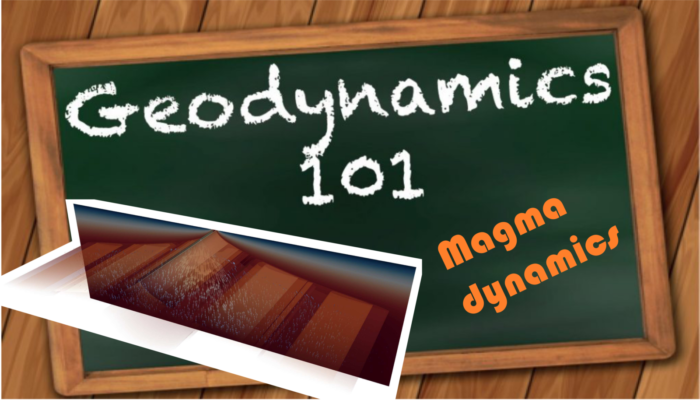Every week, The Sassy Scientist answers a question on geodynamics, related topics, academic life, the universe or anything in between with a healthy dose of sarcasm. Do you have a question for The Sassy Scientist? Submit your question here or leave a comment below. In a comment on a post about the key papers in geodynamics, the Curmudgeonly Commenter asked: Could you please point out some exceptio ...[Read More]
Dancing on a volcano – the unspoken scientific endeavour

Illustration by Floor de Goede from the book 'Dansen op de vulkaan' (more information below).
Doing science is not a walk in the park. In fact, it might be closer to dancing on a volcano. Dan Bower, CSH and Ambizione Fellow at the University of Bern, Switzerland, takes full advantage of the creative freedom of a blog post to reiterate that scientific progress is not a straight-forward endeavour. We all learn early in our education about the scientific method—the scientific approach t ...[Read More]
The Sassy Scientist – Earthquake Exoteries Nr. II
Every week, The Sassy Scientist answers a question on geodynamics, related topics, academic life, the universe or anything in between with a healthy dose of sarcasm. Do you have a question for The Sassy Scientist? Submit your question here or leave a comment below. In a comment on a post about the key papers in geodynamics, the Curmudgeonly Commenter asked: Could you please point out some exceptio ...[Read More]
Magma dynamics
In this week’s Geodynamics 101 post, Juliane Dannberg, Assistant Professor at the University of Florida, outlines the role of mantle melt generation and transport in geodynamics. Mantle melting and magma transport are important influences on the dynamics and chemical evolution of the Earth’s interior. All of Earth’s oceanic crust and depleted oceanic lithosphere is generated through melting ...[Read More]


